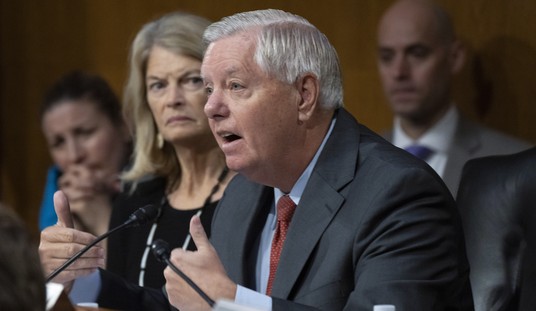How do you solve a problem like Gaza? How do you bring peace to Ukraine? The conventional U.S. government response to these and most other thorny international problems is to use diplomacy to attempt to "build bridges" and cash in U.S. goodwill to bring both sides in a conflict to a mutually satisfactory agreement.
The phrase "looks good on paper" resonates in cases like this. In truth, this approach has achieved limited success or failed miserably. Realizing this, Donald Trump is attempting a radical reordering of U.S. policy toward Gaza and Ukraine. "Thinking outside the box" is not something international diplomats usually do. So Trump, looking for solutions, has created plans that, if successful, will change the face of international diplomacy.
On Wednesday, Donald Trump had what he called a "productive" talk with Russian President Vladimir Putin, where both men agreed to begin talks on a peace deal for Ukraine.
“Trump always speaks about ‘peace through strength,’ and that is precisely the right approach with the Russians,” said a senior European official. “But here we have not really seen the strength part yet.”
Russia is forced to use donkeys on the battlefield for lack of vehicles, and this official is worried about American "strength"?
Indeed, the pro-Ukraine media is apoplectic about Trump's overtures to Putin – overtures that he has said a thousand times he would make – and have all but handed Putin an easy win in Ukraine.
"Donald Trump opens the door to Vladimir Putin’s grandest ambitions," writes the Euro-centered Financial Times.
"Europe braces for a future without the U.S. as a reliable ally" warns Politico. I guess that means the U.S. won't run the world the way Europe wants us to.
"Putin Scores a Big Victory, and Not on the Battlefield," the New York Times whines.
The reality is simple: Ukraine has been fighting the much larger and more sophisticated Russian military for three years this month and during that time, Russia has captured about 20% of Ukraine's territory.
Ukraine has fought valiantly and intelligently. But the war has become a war of attrition, and the much larger Russian army has been grinding away, suffering horrible casualties but making steady progress in capturing huge swaths of Ukrainian territory.
It's becoming very clear that the only thing that will reverse Ukraine's inevitable defeat will be the addition of a sizable contingent of U.S. and NATO troops. Only a madman would invite a war with nuclear-armed Russia.
Trump is not a madman.
Nothing would please NATO and Europeans more than the U.S. fighting the Russians in Ukraine. The major NATO countries are ill-prepared for any conflict, much less against the battle-hardened Russian army. Their fondest hope is standing back and allowing the U.S. to fight while offering token assistance. The U.S. will do the heavy lifting, and, by the way, please don't blow up the world. That would really ruin our day.
Ukraine is important to the European economy. But it's not that important to the U.S. The "liberal international order" and "rules-based order" may be worth fighting for, but only if all nations come to their defense, not just one or two.
Trump's ideas with regard to Gaza are revolutionary. That makes them suspect to the conservative Arab states who would have to sign off on any deal.
“Gaza seems like a nonstarter at best, which makes me wonder if it isn’t just a wild gambit to kick-start diplomatic paralysis with either the Egyptians and Jordanians,” said Reid Smith, vice president for foreign policy at the Koch Brothers nonprofit Stand Together.
In Gaza, his plan to relocate the nearly two million Palestinians to Jordan and Egypt so the U.S. can “take” and rebuild the shattered enclave has been rejected by Arab governments and some Gazans who have said they would never abandon their homes.
No previous White House since the founding of Israel in 1948 has suggested the permanent removal of Palestinians from Gaza, which most U.S. presidents have seen as a part of an eventual Palestinian state.
But Arab and Israeli public support for side-by-side states has waned dramatically, especially since Oct. 7.
Gaza, the West Bank, and Arab grievances (real and imagined) won't be solved by turning Gaza into a beachfront resort. But that kind of "outside the box" thinking is a darn sight better than simply repeating the same mistakes that have been made for the last 75 years.
Will Trump's diplomatic makeovers work? If they fail, they'll be no different than what's been tried since the end of World War II so what do we have to lose?










